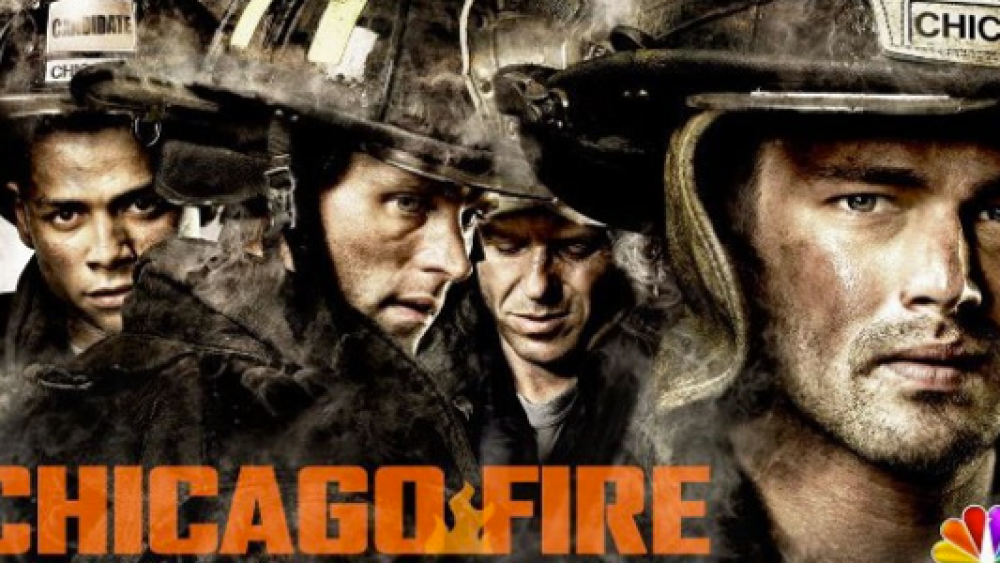I watch “Chicago Fire” regularly but I can’t say I’m really a fan. I spend most of the hour talking back to the television.
“Seriously? A firefighter would never do that! Don’t these people work any kind of regular schedule? And how can they just come and go from the station whenever they want?”
And so on. There are so many things that frustrate me about the show that I am always kind of surprised when they get something right.
But the show did get something right recently. A source of conflict among the crew was a new battalion chief who was filling in for their beloved leader, off on family leave.
Call me Psycho
The new guy was unpleasant and unpredictable. He tended to be vindictive. He had a big ego and did not like to be challenged in any way.
One action taken by this chief was to assign a new and derogatory nickname to one of the firefighters following an emergency response. The firefighter didn’t like the nickname. Neither did his crew.
They found the name insulting and insensitive. When one of the officers confronted the chief about the name, the chief responded in a threatening manner toward him.
Nicknames in themselves are part of fire service culture. I remember when I first came on the job and one afternoon when we were covering at a quiet station, a coworker went through our shift roster and told me what everyone’s nicknames were. It was really useful information since half the time I didn’t know who people were talking about in those early days.
And nicknames are never self-selected. In fact, you had to be careful not to act like you were too fond of any nickname that might be bestowed on you, in case your coworkers decided to come up with something worse in its place.
Low-latitude flying
But there is a big difference between peers kidding around with names and the shift commander assigning a name to someone that everyone found offensive.
In this case, the battalion chief might at best be seen as lacking in empathy and emotional intelligence. At worst he is just a mean-spirited bully. Either way, his behavior not only makes the crew dislike him, but they lose respect for him as well.
The episode brought up a couple important points about power and authority. The first is that the more power and authority you have, the less you can be “one of the guys.” This should be obvious, but fire officers forget this rule all the time.
Company officers have less latitude to kid around with the crew than they did when they were firefighters or engineers. Battalion chiefs have far less than company officers. And chiefs of department have almost no ability at all to kid around as they once might have had in a lower rank.
There are two reasons for this shift. The first is that at its best, kidding around — which might include the assignment of a nickname — is an egalitarian process. One firefighter teases another, but the other firefighter can come right back at him. If it’s a battle, at least it takes place on even ground.
Not so when rank is involved. Then the officer may be seen as giving an order or using the power of position to silence dissent. This is abuse of power and will have bad consequences in the long run.
Standard bearers
The other problem with those in higher rank engaging in teasing, horseplay or other activities in the station is that through their participation, they are setting the standard for what is OK.
Other firefighters may agree with them and run with it. Others may be alienated and see the officer as a jerk. The crew will be divided and conflicted as a result, a very dangerous situation.
Officers do have the responsibility for setting standards of conduct in the fire station. They must be aware that people are watching them all the time and measuring their own behavior and responses against what they see. Those who work for them are modeling their own actions on those of their officers.
This might happen in a positive way and is the core of good leadership and mentoring. Or it can happen in a negative way, where firefighters choose to act in direct opposition to anything an officer stands for.
Why would firefighters come to this second conclusion? It happens when they lose respect, when they see an officer abusing power, when they see their officer being a jerk.
And in the end, this is the first rule of good leadership: Don’t be a jerk. Everything else is workable.



